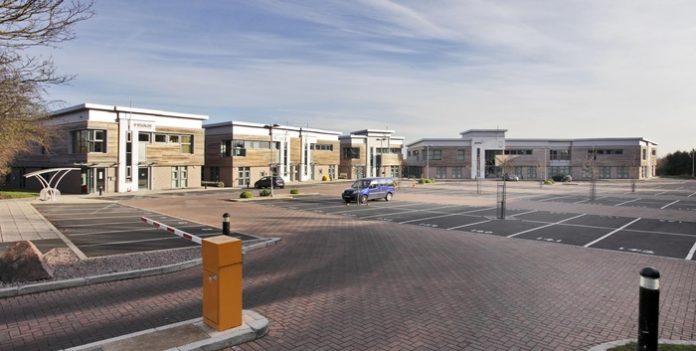Office rents in Worcestershire are increasing significantly faster than the national average, driven by high demand and low supply of office space, according to one of the county’s leading commercial property agents.
Andrew Lewis, Head of Agency at Worcestershire commercial property consultancy and Chartered Surveyors GJS Dillon, says that the county’s office market is experiencing 10% annual rental growth in comparison to average zero (0%) growth across the country.
“Rental growth is being driven by a lack of choice of space, with a vacancy rate of 4.3%, and demand from occupiers who want to remain, grow and move to the county, to benefit from Worcestershire’s growing economy, excellent communications, flexible workforce, sought after lifestyle, and help on offer from the LEP and Worcestershire County Council,” says Mr Lewis.
“Practically no new office space has come to the market in the last 12 months, with only 161,000 sq ft of new office space presently under construction in Worcester. As a result, over the next quarter, we predict this rental growth will remain constant, but could increase if there is some certainty about the terms of the final Brexit agreement.
“Interestingly, vacancy rates for prime office space are nearly double those for the rest of the market, which shows that occupiers continue to look for good deals, but with average office rents across the county at £12.25 psf, and prime space at an average of £16.50 psf, all office accommodation in Worcestershire looks very good value when compared to Birmingham and Solihull.
Rental growth, combined with low interest rates and banks willingness to lend, will continue to make commercial property attractive to both investors and owner occupiers where office freeholds become available.
Mr Lewis says: “Buyers can acquire commercial property at lower rates than the cost of renting, while sellers benefit from the high prices on the back of increased demand. It is rare that there’s a market which benefits both parties, so we expect freehold sales activity to remain strong.
“The final quarter of every year tends to be the busiest time for property transactions as everyone seeks to beat the fixed deadline of the end of the calendar year. 2018 will be no different, so with transactions needing time to go through the legal process, we would recommend all parties to act now, if they want to complete their transactions this year.”





















